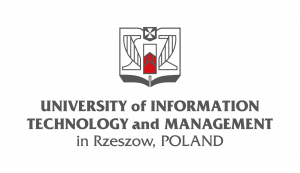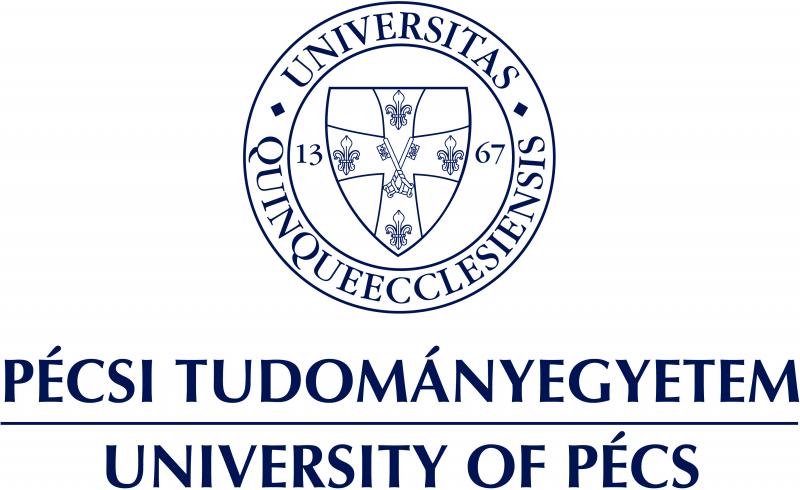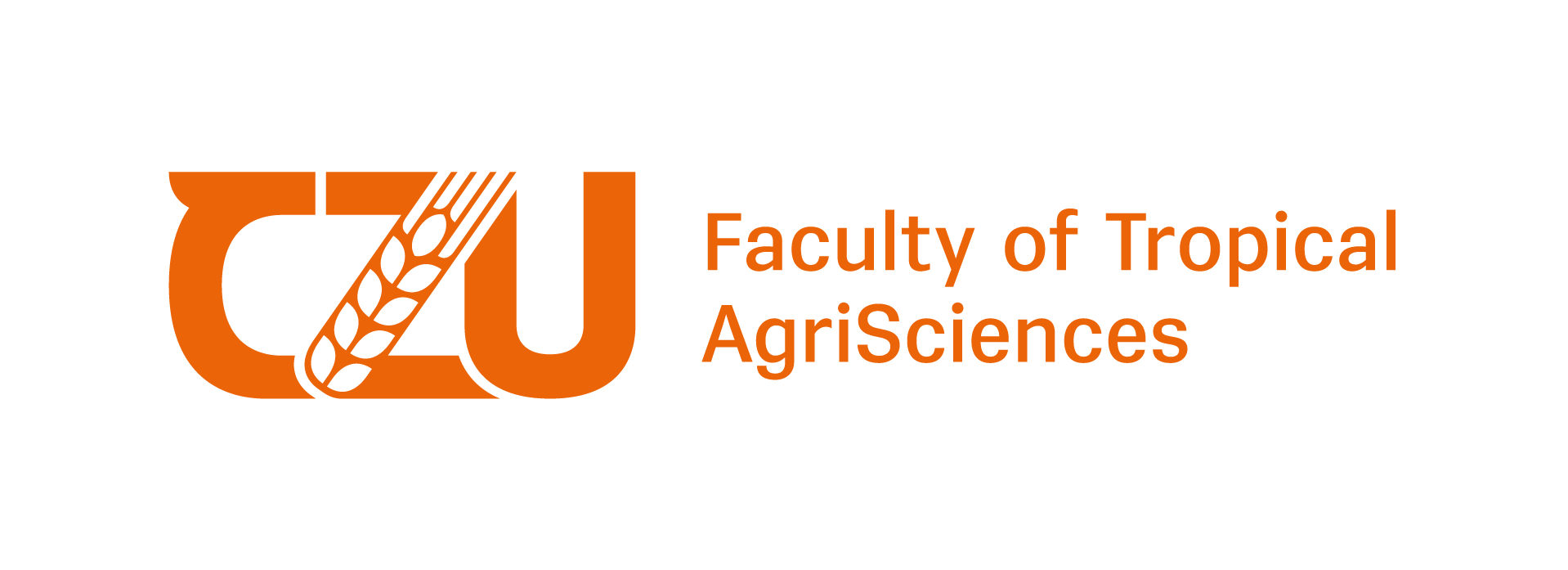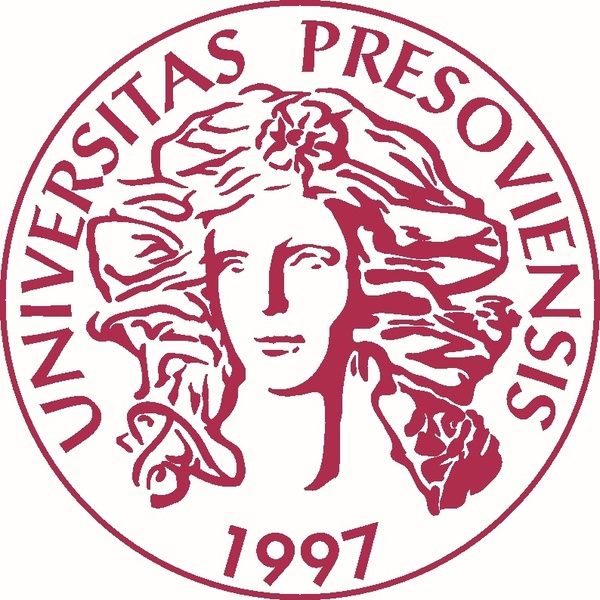Projekt VSLLN4YOU ma na celu stworzenie sieci Żywych Laboratoriów (ang. Living Labs (LL)), która umożliwi współtworzenie i testowanie innowacyjnych i zrównoważonych rozwiązań, istotnych dla uniwersytetów i regionu wyszehradzkiego, we współpracy z partnerami z sektora prywatnego, publicznego i obywatelskiego. Żywe Laboratoria umożliwią studentom zdobycie praktycznego
doświadczenia poprzez pracę nad projektami z zakresu zrównoważonego rozwoju oraz przygotują ich do roli agentów zmian w życiu osobistym i zawodowym. Poprzez Żywe Laboratoria, warsztaty,
materiały szkoleniowe i konferencje, projekt umożliwia transfer wiedzy na rzecz zielonej transformacji.
Cele szczegółowe to m.in.:
- Stworzenie sieci Żywych Laboratoriów w celu generowania i wdrażania przez studentów i dla studentów nowych rozwiązań na rzecz Zrównoważonego Rozwoju i Zielonych Uniwersytetów oraz debaty na temat trendów środowiskowych i społecznych.
- Profesjonalizacja uniwersyteckich Żywych Laboratoriów poprzez opracowanie scenariusza Warsztatów Aktywatora Żywych Laboratoriów oraz materiałów szkoleniowych w tym obszarze.
- Wyposażenie nauczycieli akademickich w zestaw narzędzi Koordynatora Akademickich Żywych Laboratoriów.
- Wspieranie gromadzenia, testowania i wymiany wiedzy o nowych inicjatywach, pomysłach, praktykach i osiągnięciach, które będę wynikiem tego projektu poprzez stworzenie strony internetowej z funkcją dzielenia się wiedzą i networkingu.
- Online conference February 28 and 29, 2024.
The conference will be a summary of the project: Visegrad Sustainable Living Labs Network 4 Youth of Universities.On the first day of the conference, presentations will be given by academics acting as Living Labs Coordinators.On the second day, students – Living Labs Leaders will share their experiences.
You are welcome to attend.
More information you will get write to the email: mrataj@wsiz.edu.pl
Partnerzy
University of Information Technology and Management
The University of Information Technology and Management (UITM) in Rzeszów, is a non-public higher education institution operating since 1996. It is the largest and highest-ranked private university in southern-east Poland. During 25 years of activity, over 60 thousand people have studied here, both from Poland and abroad. Currently, there are 6 000 undergraduate and postgraduate students at four faculties: Management, Applied Computer Science, Media and Social Communication, Medical Faculty. Since 2015, UITM is entitled to award a doctoral degree as part of Media Studies and in 2022 the University obtained such powers also in the fields of Economy and Finance, as well as in Medical Science. UITM is also very engaged in matters important to the regional (Podkarpacie) and local community and cooperates with a wide range of partners representing public administration, business and the non-governmental sector.
University of Pécs
The University of Pécs with its 20,000 students, with more than 4,500 international students, with 1,400 lecturers and researchers, with its 10 faculties is one of the largest higher education institutions in Hungary and the centre of knowledge within the Transdanubian region. Its roots date back to 1367. The UP represents classical values, while the challenges of the present and future times are being adapted successfully as well. Covering a wide range of educational areas, it extends far beyond the city of Pécs. The UP operates an independent faculty in Szekszárd and runs significant training programmes in the towns of Kaposvár, Szombathely and Zalaegerszeg and even abroad in Zombor.
Czech University of Life Sciences Prague
Czech University of Life Sciences Prague (CZU) is the third largest public university in Prague. Backed by more than one hundred years of history, CZU combines cutting-edge technologies, progressive science and research in agriculture, forestry, environment, engineering, economy, management and business. CZU provides complete higher education, summer schools, lifelong learning courses and the University of the Third Age to over 19,000 people. About one third of the study programmes is taught in English with more than 2,000 students involved. CZU cooperates with a number of private and public organizations and research institutions both at local and international level. The university is a member of EuroLeague for Life Sciences (ELLS), a prestigious network of universities, and also belongs among twenty-eight members of Agrinatura, a group of European universities and research institutions with aim to foster sustainable agricultural development. In the last years CZU established the Centre for Precision Agriculture, Bioeconomy Platform of the Czech University and Water, Soil and Landscape Centre. Research activities and PhD. programmes of the university target the focus areas of the faculties, which are also strongly concentrated in research pillars reflecting UN Sustainable Development Goals.
The University of Presov
The University of Presov ranks among the most renowned and distinguished universities in the Slovak Republic. The University was officially established by Act No. 361/1996 Coll. on the division of the Pavol Jozef Šafárik University in Košice with effect from 1 January 1997. It is a member of Danube Rectors Conference (DRC), the European Universities Association (EUA) and the National Rectors Conference with the main aim to promote a unified system of higher education in Europe. The University of Presov is also a co-founder of the Alliance of the Central-Eastern European Universities and Euro-Mediterranean University (EMUNI). The University consists of 8 faculties which offer a number of accredited study programmes in all 3 degrees (Bachelor, Magister and Doctoral degree) and in both full-time and part-time form. The University of Presov develops an intense research activity and it has three Centres of excellence. A wide range of courses and educational products are offered by the Centre of Competences and Lifelong Learning.
MATERIAŁY DO POBRANIA
Wersja anglojęzyczna:
TOOLKIT
VSLLN4YOU – Materials
VSLLN4YOU – Scenario
Lessons learned
Wersja polskojęzyczna:
TOOLKIT – wersja polska
WSLLN4YOU – Materiały
LLN4YOU – Scenariusz
Lessons learned
Data realizacji projektu: 1.10.2022 - 31.03.2024
Program z którego finansowany jest projekt: Visegrad Grant
OPIS PROJEKTU STRONA PROGRAMU







